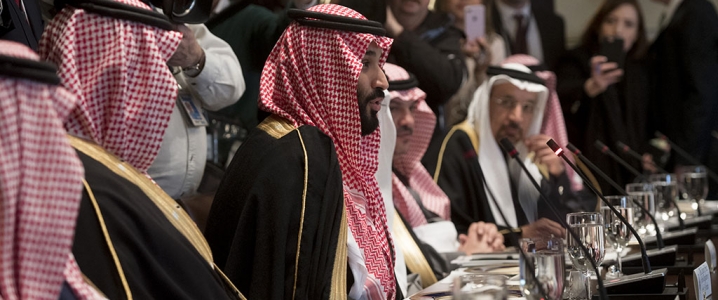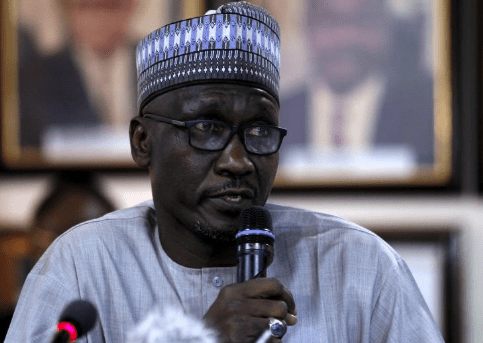By Julianne Geiger
Tullow’s TEN oilfield will reach full capacity in 2020, according to Tullow’s external affairs director Cynthia Lumor, cited by Reuters.
Tullow’s current capacity in TEN (Tweneboa, Enyenra, and Ntomme) is 56,000 barrels per day. It’s peak production of 80,000 will be reached in roughly two years, Lumor said.
Tulllow’s TEN development had been sidelined for a couple of years due to Ghana’s lingering maritime border dispute with Côte d’Ivoire, which was resolved in Ghana’s favor in late 2017, opening the door for further capacity expansions and increasing the attractiveness of Ghana’s oil riches.
TEN is a mouthwatering development, with 240 million barrels of oil reserves, and 60 million barrels of associated gas. “Since the ruling, we’ve added one more well adding up to eleven, and we will be drilling more to boost production towards plateau in 2020,” Lumor said. The target is 24 additional wells for TEN alone—Tullow’s second operation in Ghana.
Tullow is not alone in TEN. Kosmos Energy, Anadarko Petroleum, Petro SA, and Ghana National Petroleum all have a stake in the prolific project, according to Reuters.
Since the dispute was settled in 2017, other oil majors have entered Ghana, including Exxon, Aker, and Eni. But problems remain in attracting foreign investments, with yet a new maritime border dispute cropping up on Ghana’s Eastern border with neighboring Togo. The dispute saw Togo stop a seismic vessel given that it does not recognize the maritime borders.
If Ghana manages a victory over the latest round of border disputes, it should be a boon to Ghana’s oil industry, which should drive higher government revenues at a time when climate change and urbanization are threatening Ghana’s staple export: cocoa.
The Ghanaian economy is forecast to grow by 8.3 percent in 2018– an upward revision from the 6.8 percent stipulated in the 2018 budget. The share of oil will likely continue to be low as part of GDP relative to gold, but its share of GDP should grow in the future. The final challenge Ghana must face will be to avoid the oil curse that has sank so many oil-dependent economies.
Source: Oilprice.com






